Accessories Brand Oushaba Turns E-Waste Into Fine Jewelry Pieces
By:Khongtu Review Release Time:2023-06-30 14:15 Like:
Oushaba is an accessories brand that utilizes upcycled e-waste to create high-quality jewelry. For its new collection, dubbed 'Connection Salvaged,' the brand has gathered more e-waste to create multiple pieces inspired by "ancient Egyptian, Greek and Roman jewelry." The jewelry line combines circuit boards from old mobile phones, USB plugs and sticks, and charging cables with diamonds, emeralds, sapphires, and rubies that are ethically sourced.
Each piece is made with either 22k yellow gold, 18k white gold, or sterling silver. Despite their technologically-advanced design, the pieces are reminiscent of vintage jewelry, combining boldly colored gems with digital elements.
Regarding e-waste, Oushaba co-founder Gillian Carr “wanted to think about it differently, to challenge people’s ideas about what is waste, and what is a luxury.” She also added, “These e-waste components are really beautiful, with amazing jewel-like colors, shapes and characteristics.”
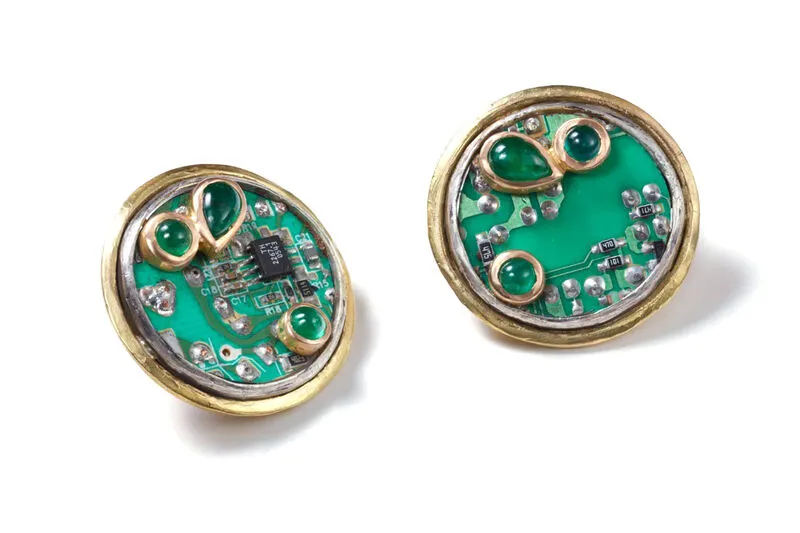

Image Credit: Oushaba, hypebeast, oushaba
Trend Themes
1. Upcycling E-waste - Opportunities to create innovative products and reduce electronic waste by incorporating salvaged parts into luxury items.
2. Tech-inspired Vintage - Combining high-tech materials with vintage design elements to create unique and stylish accessories.
3. Ethical Sourcing - Increased demand and appreciation for ethically sourced materials in high-end jewelry pieces.
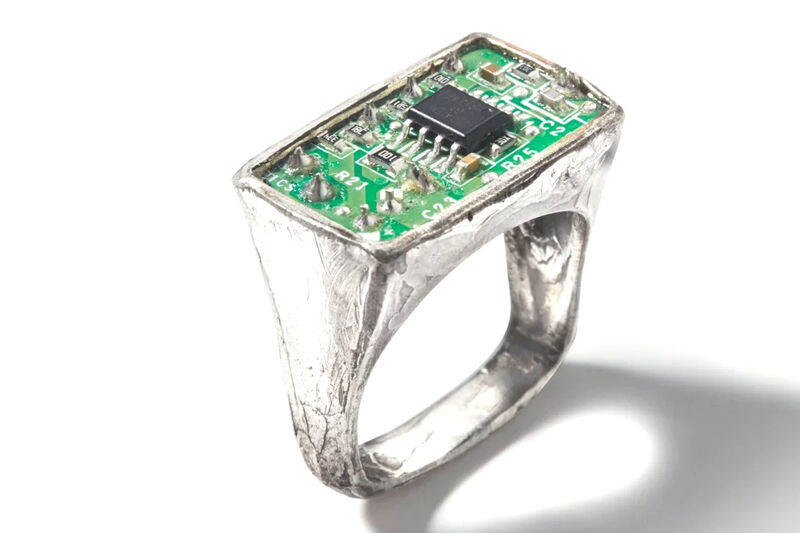

Industry Implications
1. Jewelry - There is potential for companies to incorporate upcycled materials and ethical sourcing practices in order to appeal to eco-conscious consumers who value unique design.
2. Electronic Waste Management - Opportunities to partner with upcycling brands and contribute to the reduction of electronic waste through responsible disposal and reuse of salvaged parts.
3. Luxury Goods - Innovative use of salvaged parts in high-end design can create a niche market for eco-luxury items and appeal to consumers who prioritize sustainability in their purchasing decisions.
Related Articles
-
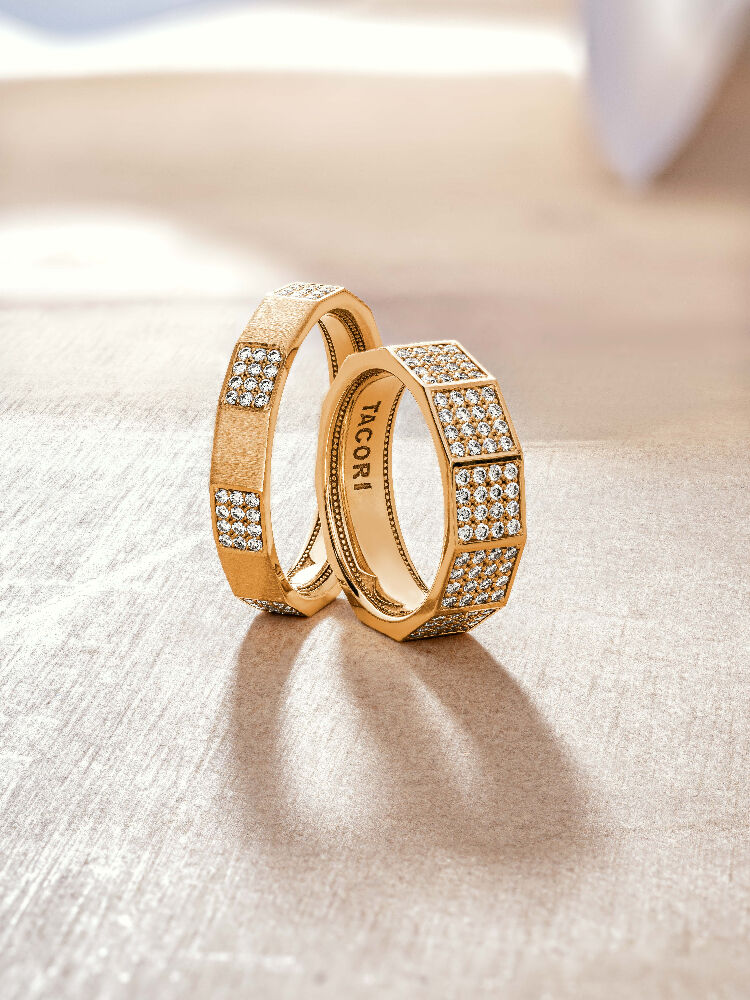
The TACORI Couples Collection is Gender-Neutral & Size-Inclusive
2023-06-30 -
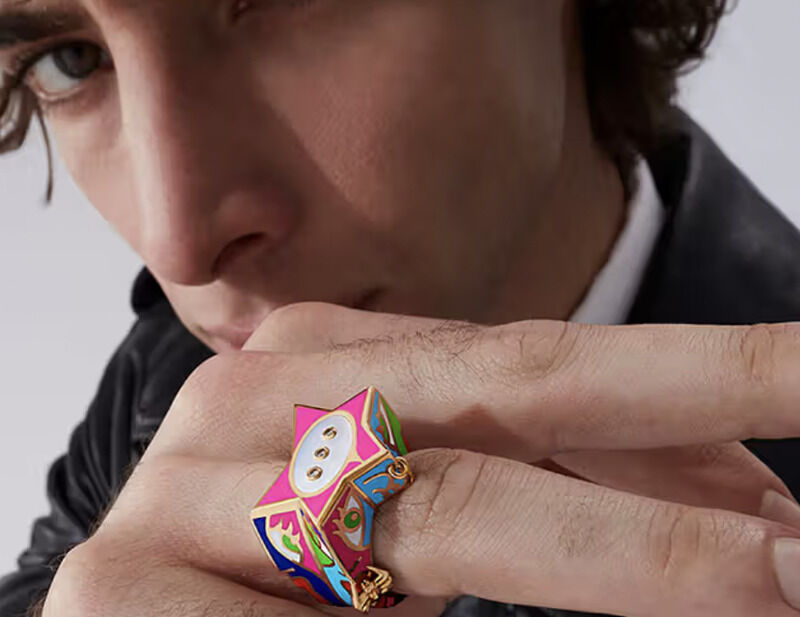
Machine Gun Kelly Joins Stephen Webster on the GOSSIP Series
2023-06-30 -

Accessories Brand Oushaba Turns E-Waste Into Fine Jewelry Pieces
2023-06-30 -
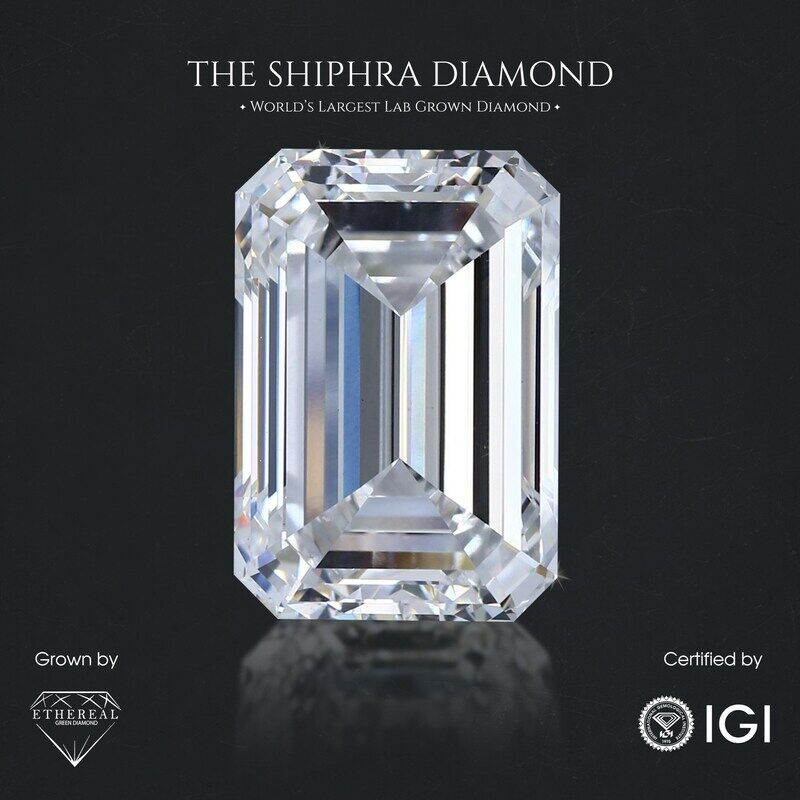
Shiphra is the World's Largest Lab-Grown Diamond
2023-06-30 -
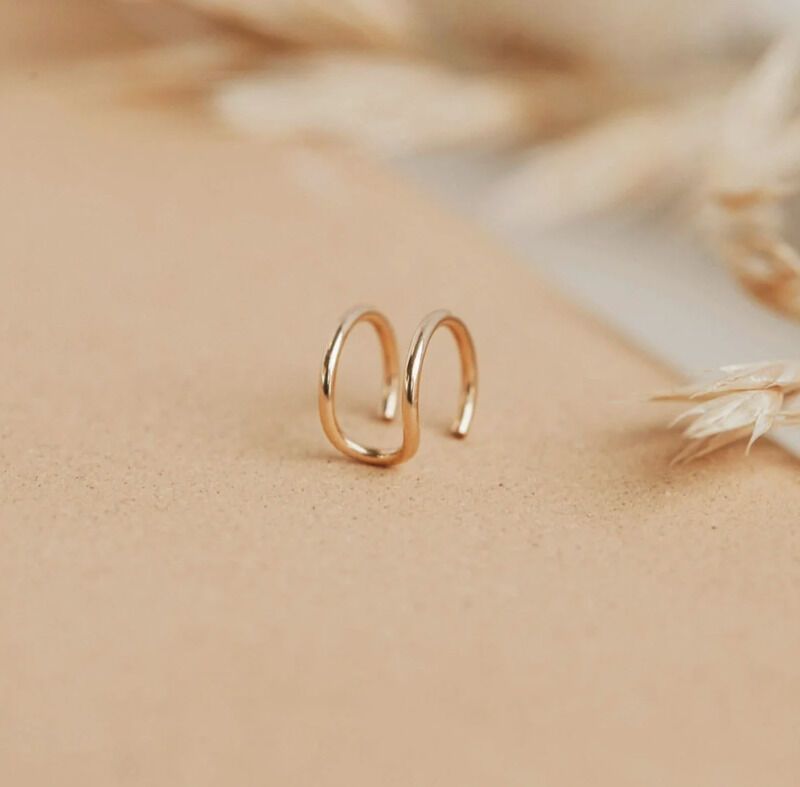
Hello Adorn Boasts Elegant and Minimalist Jewelry Designs
2023-06-30
Leave Reply
Website Recommend

The TACORI Couples Collection is Gender-Neutral & Size-Inclusive

Machine Gun Kelly Joins Stephen Webster on the GOSSIP Series

Accessories Brand Oushaba Turns E-Waste Into Fine Jewelry Pieces

Shiphra is the World's Largest Lab-Grown Diamond

Hello Adorn Boasts Elegant and Minimalist Jewelry Designs
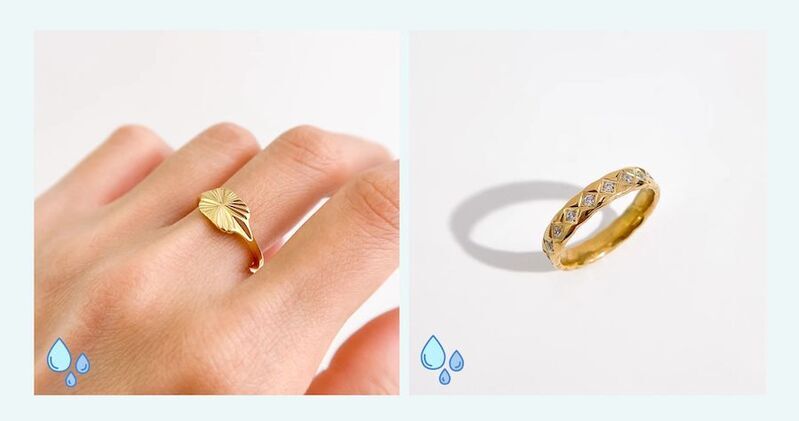
Flaire & Co.'s Line Features Tarnish-Free & Hypoallergenic Designs